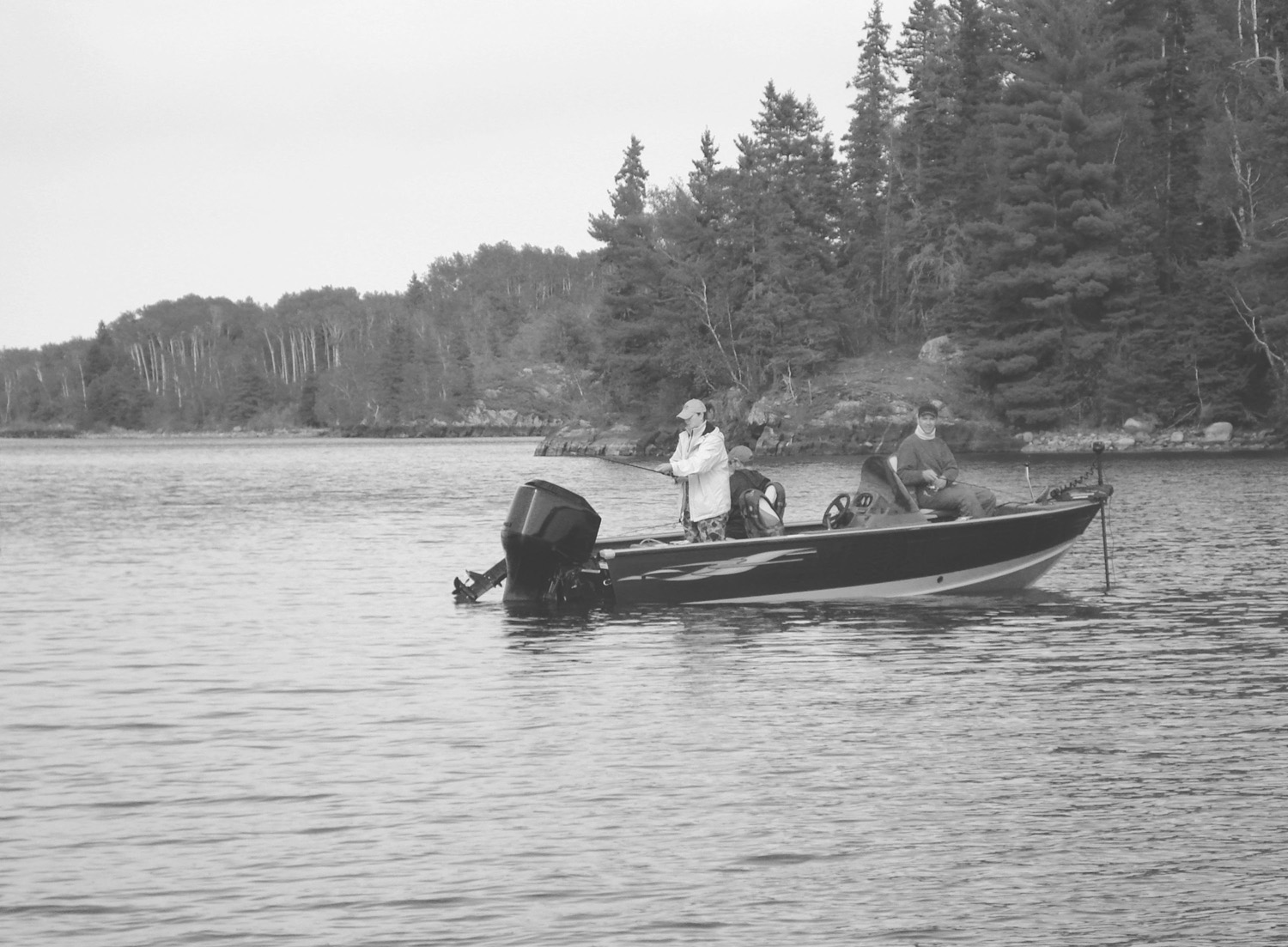OLYMPIA- The Washington State Parks and Recreation Commission Boating Program urges boaters to make sure they are prepared for the upcoming season by taking—and passing—a boater education course. During the national ‘Spring Aboard’ campaign, March 19-25, the National Association of State Boating Law Administrators (NASBLA) along with state, federal and nonprofit partners are encouraging boaters to enroll in a boating education course prior to the kickoff of the boating season. In Washington state, boaters who operate a vessel with a 15 horsepower engine—or greater—must carry the Boater Education Card to prove they have passed a boater education course.
“Boating is a great activity, but only if it’s done safely,” said Wade Alonzo, State Parks Boating Program Manager. “National and statewide statistics tell us that people who successfully complete a boating safety course are better informed on how to avoid accidents or tragedy on the water. We encourage all boaters to take a course, even if they’re not required to carry a card.”
Boater education courses are offered in a variety of forms for different learning styles, including Classroom courses, Hands-on classes, Home study, and Online courses, in addition to an Equivalency exam.
After completing a course, students must apply for a Boater Education Card with proof of course completion. The one-time fee for the card is $10. Courses must be approved by NASBLA to qualify for a Boater Education Card. To ensure a course qualifies, look for the NASBLA-approved logo. More information about courses and the boater education card is here: www.boatered.org
During the ‘Spring Aboard’ week, many course providers are offering discounts or other incentives for students who enroll in a course. Each course provides a certificate, once successfully complete, and the course operators charge a fee for the certificate. The certificate is required to obtain a Boater Education Card.
Some important things to know:
U.S. Coast Guard statistics indicate that of the accidents where the level of operator education was known, 80 percent of boating deaths occurred on boats where the boat operator had never received boating education instruction.
– From: http://uscgboating.org/statistics/accident_statistics.php
Boat operators born before Jan. 1, 1955 are exempt from the Washington requirement but may choose to get a card if they plan to go boating in Canada or Oregon, which require proof of having completed a boating education course. The Washington State Boater Education Card is valid in those two areas. 49 States and U.S. Territories require proof of completion of a boating education course for operators of some powered vessels.
More than 290,000 Washingtonians have a Boater Education Card. The Boating Program is hoping that number will reach 300,000 by the end of 2017. For more information about NASBLA, visit: http://www.nasbla.org/
About the Washington State Boating Program
The Washington State Parks and Recreation Commission administers the state’s Boating Program, which provides leadership in boating safety and environmental education and outreach. The goal of the program is to reduce accidents and fatalities, increase stewardship of Washington waterways, and keep recreational boating a safe, accessible and enjoyable pastime. For more information on the Boating Program, visit www.parks.wa.gov/boating.
About NASBLA
The National Association of State Boating Law Administrators is a national nonprofit organization that works to develop public policy for recreational boating safety. NASBLA represents the recreational boating authorities of all 50 states and the U.S. territories. The association offers a variety of resources, including training, model acts, education standards and publications. Through a national network of thousands of professional educators, law enforcement officers and volunteers, NASBLA affects the lives of more than 73.5 million American boaters. For more information, visit http://www.nasbla.org/
About Washington State Parks
The Washington State Parks and Recreation Commission manages more than 100 state parks and properties totaling approximately 120,000 acres. The Commission provides a variety of recreation opportunities for citizens and provides stewardship protection for a diverse array of natural, cultural and historic resources. State Parks’ statewide programs include long-distance trails, boating safety and winter recreation.
– Washington State Parks









